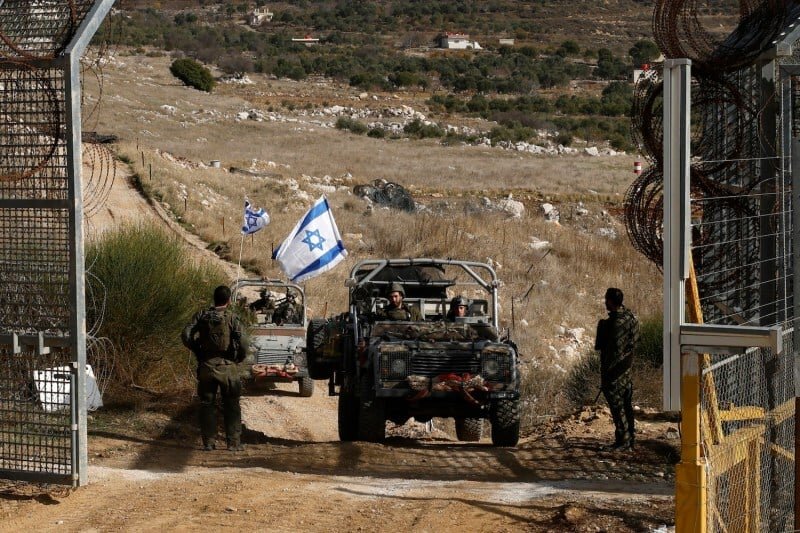Will Israel misuse Syrian transformations to resume the Lebanon war?

SOUTH LEBANON - Historical experience has revealed Syria’s impact on the assessment and decision-making inside Israel given Syria’s special geostrategic location.
And how it would affect Lebanon following the Israeli re-occupation of Syrian lands along with the summit of Jabal Shaykh (Mount Hermon), whose foothills end within the Lebanese borders, remains to be seen.
Undoubtedly, the recent ceasefire agreement has negatively affected Israel, prompting Netanyahu to reiterate that “the ceasefire agreement does not mean the cessation of the war.”
According to Hebrew media, the Israeli Occupation Force (IOF) has dropped 1,800 bombs on more than 500 targets in Syria, in addition to destroying about 20 communications and electronic warfare sites, which means that the Israeli enemy could use Syrian airspace
“with extreme freedom and turn Syria into a springboard for launching attacks against Iran and its proxies,” as they put it.
In parallel, the coup forces in Syria, led by HTS leader al-Julani, have not hidden their hostility to Hezbollah, while avoiding declaring their position on the Israeli aggression that has destroyed Syria’s defensive capabilities.
Meanwhile, Abdul Jalil al-Saeed, former assistant to the Grand Mufti of Syria, told the Israeli website i24NEWS that he was optimistic about Syrian-Israeli relations. He added: “The leaders of the Axis of Resistance thought that October 7 would be like Noah’s Ark, but it turned out to be the Titanic that sank them.” Al-Saeed hoped the Israeli channel would be “a bridge to real peace between the two countries and attract the Syrian public. I hope to see your correspondent reporting from the heart of Damascus.”
Some observers believe that this position will enhance Israel’s opportunities to re-attack Lebanon, especially after Hezbollah’s supply routes have been closed. Netanyahu himself has previously underscored his regime’s priorities – after the Lebanon war – to confront the Iranian nuclear program along with rebuilding and rearming the Zionist army.
It is worth noting that US President-elect Donald Trump played a role in the ceasefire agreement. Therefore, any Israeli decision to resume the aggression – in the foreseeable future – will be purely American.
It is true that the enemy will continue to prevent Hezbollah from rebuilding and developing its capabilities without the need for direct military intervention in light of the unprecedented serious obstacles following transformations in Syria. In addition, the enemy estimates that Hezbollah’s priorities will revolve around reconstruction at this stage. Hezbollah, nevertheless, and despite all the painful trials, has inflected and still retains great capabilities that allow it to threaten the heart of the occupied Palestinian lands.
In any case, in light of the ongoing shifts in the regional balance of power, Hezbollah needs to evaluate its own experience in the aftermath of the October 7 attack attacks, and how it can adapt and maintain defensive self-sufficiency.
